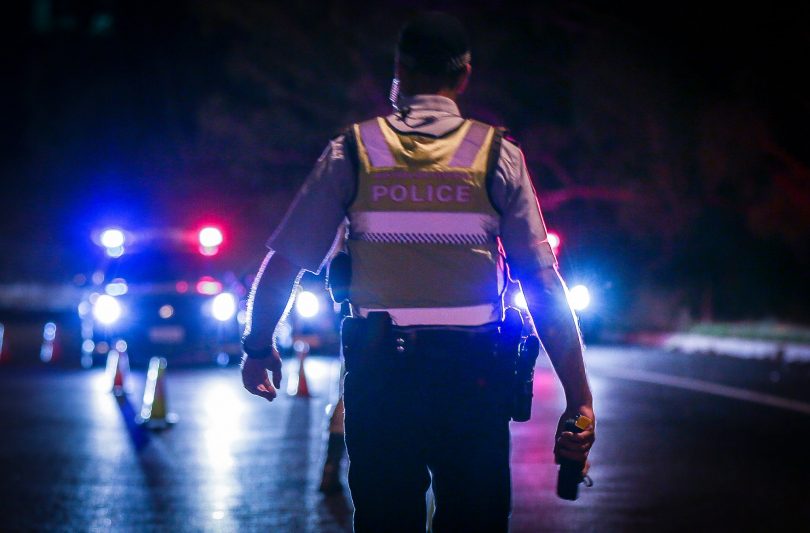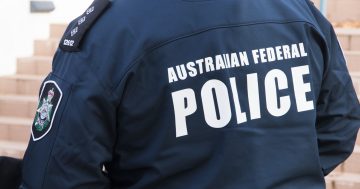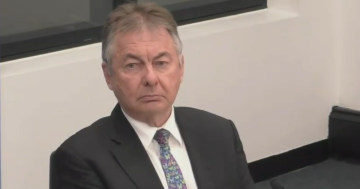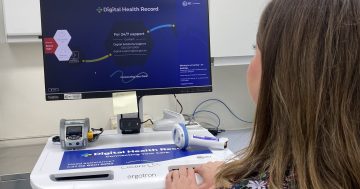
There is already sufficient oversight of ACT police, the Prime Minister says.
The Morrison Government has blocked the ACT’s bid to provide local and open oversight of police through its soon-to-be-established anti-corruption body.
Prime Minister Scott Morrison has written to Chief Minister Andrew Barr, saying that ACT Policing is already subject to sufficient oversight and that separating the local force from the Australian Federal Police for this purpose would be too difficult.
The response has disappointed Mr Barr who said the ACT Integrity Commission should have oversight of the Territory’s own police, as is the case in other jurisdictions.
“It’s disappointing that the current Federal Government is standing in the way of additional integrity measures,” he said.
But the issue would be revisited after the federal election if there is a change of government, with Federal Labor committed to establishing a federal anti-corruption body.
“It depends on the structure of Labor’s federal integrity commission and the ability to share information between it and the ACT’s commission,” Mr Barr said.
Opposition Leader Bill Shorten has pledged to work with the ACT Government on the issue.
Mr Morrison had told Mr Barr that the Government did not support the proposal for the ACT Integrity Commission to have jurisdiction over members of the AFP.
“The AFP is already subject to robust internal and external integrity mechanisms and safeguards, including oversight by the Commonwealth Ombudsman, ACLEI [Australian Commission for Law Enforcement Integrity], the Parliamentary Joint Committee on the ACLEI, and the Parliamentary Joint Committee on Law Enforcement. Any delineation between ACT Policing and the broader AFP would be legally and practically problematic.”
But Mr Morrison said the Government remained open to strengthening information sharing with the ACT Integrity Commission on ACT Policing integrity matters, and the Attorney-General’s Department would continue to engage with the ACT Government on this matter.
Mr Morrison also pointed to possible delays to the Integrity Commission acquiring surveillance powers.
“I understand that the ACT Government is also seeking amendments to the Telecommunications (Interception and Access) Act 1979 (Cth) and the Surveillance Devices Act 2004 (Cth) to give the ACT Integrity Commission appropriate access to telecommunications interception and surveillance device powers. I am advised that the Home Affairs portfolio will work with the ACT Government to progress these amendments. However, due to sequencing of legislative amendments, there may be a period where the ACT Integrity Commission does not have access to these powers,” he said.





















